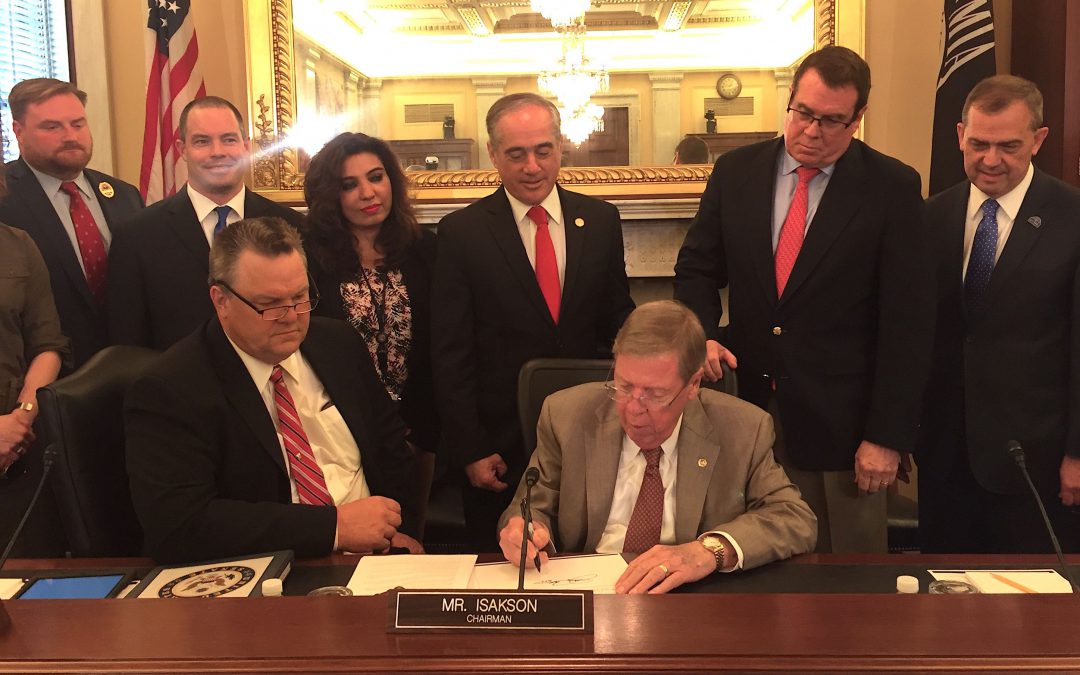WASHINGTON– The Veterans Affairs Department plan to hire 1,000 additional mental health professionals to help reduce the number of veterans’ suicides has been stalled because it can’t get hiring authority from Congress, VA Secretary David Shulkin told a Senate committee Wednesday.
“We need the tools that the private sector has to be able to recruit the very best health care professionals, “ he said. The VA needs more money for recruitment and retention as well as funds to add employees, he said.
Meanwhile, the department has launched a “#bethere” campaign to raise awareness and educate veterans and others on suicide prevention. Shulkin told the Senate Veterans’ Affairs Committee that of the 20 veterans’ suicides every day, 14 of those vets did not receive VA care.
VA mental health professionals lack the proper training on suicide prevention, according to Craig Bryan, executive director of the National Center for Veterans Studies at the University of Utah. He told the committee that VA mental health professionals need continuous training programs instead of “two-day workshops and power points.”
Bryan also suggested that the department provide incentives such as federal grants to medical schools and graduate training programs to include comprehensive suicide prevention trainings in their mental health trainings, as well as working with accreditation bodies to determine the minimum standards educational systems need to meet.
In addition to comprehensive training, Bryan advocated for the implementation of suicide prevention methods such as Brief Cognitive Behavioral Therapy and Crisis Response Planning, scientifically proven to reduce suicidal behavior by 60 percent and 76 percent, respectively.
“The sobering and uncomfortable truth is that we have made it is easier for veterans to obtain treatment that doesn’t work,” he said.
Shulkin said that in addition to his commitment to provide better training and hiring more mental health professionals, including marriage and family therapists, the VA is working with local clinics and community members to reach vets who aren’t receiving care from the VA either by choice or ineligibility, to ensure that they still receive adequate mental health care.
Although other than honorably discharged veterans have recently been allowed to access emergency mental health care treatment for 90 days, Shulkin stated, “it is not the ideal approach.” Other than honorable discharges are among the veterans who do not receive constant health care from the VA and are more likely to commit suicide.
Recruiting and retaining mental health professionals in rural areas has been is a constant challenge the secretary is hoping to tackle by beefing up the urban facilities to help support rural areas.
He also added that the department is “aggressively” working to create a welcoming environment and culture for female veterans in the VA in hopes that this increases willingness to access healthcare though the VA and simultaneously decrease the suicide rate of female veterans.

